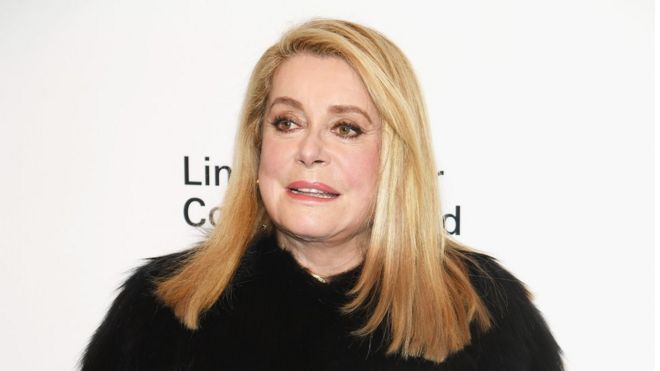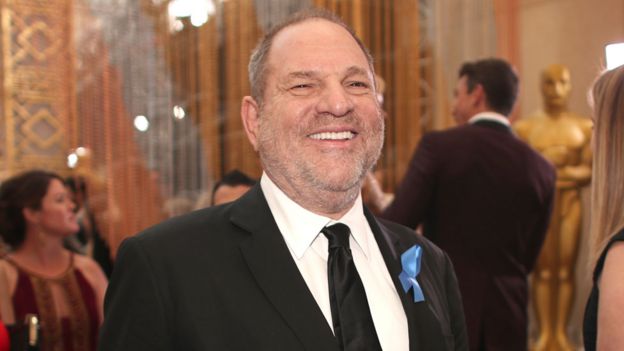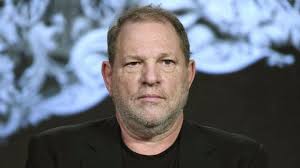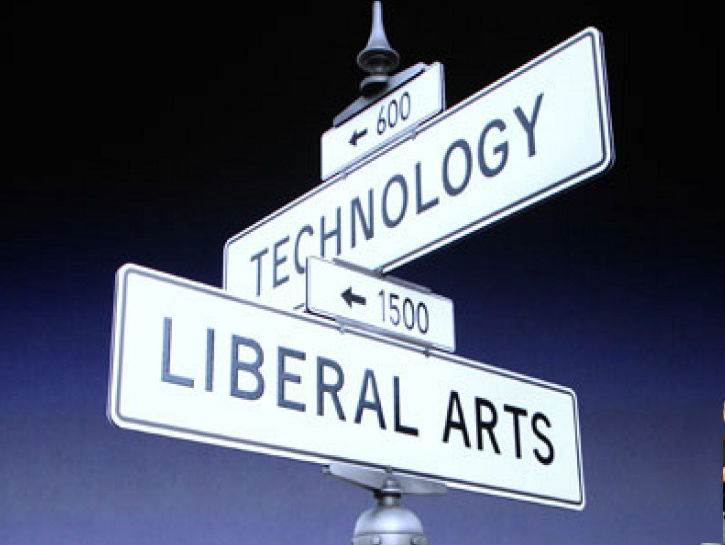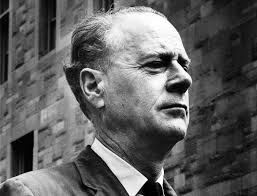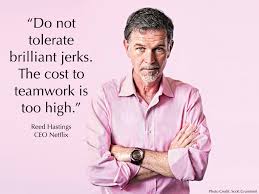UPDATE November 8, 2018: This mayo615 post from October 2016, discusses the legal complexities of a potential espionage or conspiracy charge against Julian Assange by the United States. As of now, November 2018, the indictment and extradition of Julian Assange to the United States seems highly likely. My reading that such a charge was likely and possibly imminent, is now probably becoming fact. Ecuador’s newly elected government is tired of providing Assange with diplomatic protection. Ecuador is likely to happily give up Assange and cause his extradition to the United States by Great Britain. The increased likelihood of moving against Assange was originally heightened by numerous factors: Obama’s announcement on October 7th 2016 that the United States officially holds Russia responsible for the cyber theft of the Democratic National Committee documents released by Wikileaks, and Assange’s own statements of his intent to harm the United States, most recently in a video interview on Real Time With Bill Maher, which are now coming back to haunt him.
Reblogged from Agence France Press
Source: Does the US have a case against Julian Assange? | Alternet
Does the U.S. have a case against Julian Assange?
If WikiLeaks founder Julian Assange ever ends up in a US courtroom, prosecutors could face an uphill struggle trying to convict him, given America’s legal safeguards for publishers, analysts say. On the other hand, over the course of Robert Mueller’s investigation, it has become much clearer that Assange was working directly with Guccifer 2.0 and probably Roger Stone, which alters the equation on his culpability.
Citing fears of prosecution in the United States, Assange remains holed up at Ecuador’s embassy in London on Saturday, defying a British police order to turn himself in for extradition to Sweden.
Assange faces sexual assault allegations in Sweden but has refused to set foot there, saying he runs the risk of extradition to the United States, which he insists is intent on charging him with espionage or other serious crimes for releasing troves of once-secret files to the public.
Assange’s lawyers and supporters say his concerns are justified and not driven by paranoia.
They cite tough statements from senior US officials, interrogations of Assange’s colleagues and a grand jury investigation that has reportedly questioned associates of Bradley Manning, the soldier accused of passing hundreds of classified documents to WikiLeaks.
“The grand jury is a serious business,” said Michael Ratner, a human rights lawyer advising Assange. referring to the discussions to determine whether a criminal indictment will be issued.
Some with links to Assange have reportedly faced questioning when trying to travel outside the United States and federal authorities at one point demanded Twitter open the accounts of WikiLeaks figures.
“They’re all over this case,” Ratner told AFP.
The US Justice Department will not comment on the grand jury probe and says it has no role in the extradition proceedings in London. But spokesman Dean Boyd said: “There continues to be an investigation into the WikiLeaks matter.”
Some US lawmakers and commentators have called for Assange to be charged with espionage or for conspiracy to obtain secret documents, arguing that he intended to sabotage America’s foreign policy and endangered lives by revealing the identities of informants.
Charging Assange under the Espionage Act — a vaguely worded World War I-era law — would be a difficult challenge, as it requires the government to show the accused intended to harm the US government or aid a foreign power, analysts said.
Without knowing the evidence held by US investigators, it’s difficult to predict how the government will pursue Assange’s case, said Charles Stimson, a former federal prosecutor.
“It’s a very open question as to whether you could try him for espionage,” said Stimson, a legal fellow at The Heritage Foundation think-tank who oversaw detainee policies at the Pentagon under ex-president George W. Bush.
A better option for prosecutors may be “to see whether or not they could charge him with something like conspiracy to disclose classified documents,” he said.
But such an approach would be breaking new legal ground, experts said.
Unlike Manning, charged with handing over a massive cache of secret State Department cables and military intelligence logs to WikiLeaks, Assange is not a US government employee obliged to withhold classified documents.
The United States has “never really successfully prosecuted a non-government official for taking documents that were classified,” Ratner said.
His defense attorneys portray him as a publisher, who merely came into possession of sensitive information. But US investigators would likely try to paint Assange as a plotter who helped Manning spill secrets, with the aim of tarnishing Washington.
Assange’s supporters can take comfort from a recent case against two pro-Israel lobbyists accused of passing on classified information to Israel, the first time civilians were charged under the Espionage Act.
After a long legal battle, prosecutors eventually dropped the charges in 2009.
The seminal case that proved the limits of government authority over publishing secrets came in 1971 over the Pentagon Papers, when President Richard Nixon tried to stop The New York Times from publishing classified documents on the Vietnam War.
The bid failed, with the courts citing the free speech rights enshrined in the First Amendment of the US Constitution.
Renowned First Amendment lawyer Floyd Abrams, who worked on the Pentagon Papers case, said Assange’s website raises questions about the limits of freedom of expression, including the publishing of names of Afghans cooperating with the US government.
Some of Assange’s public comments have seemed to suggest a desire to undermine US foreign policy, comments that could backfire on him in court, Abrams said.
“WikiLeaks has a First Amendment argument, and it is a serious First Amendment argument if it is ever charged,” Abrams said on C-Span television in 2010.
“At the same time, the government has a genuine and serious national security argument to be made with respect to the behavior, often the misbehavior, of WikiLeaks.”








